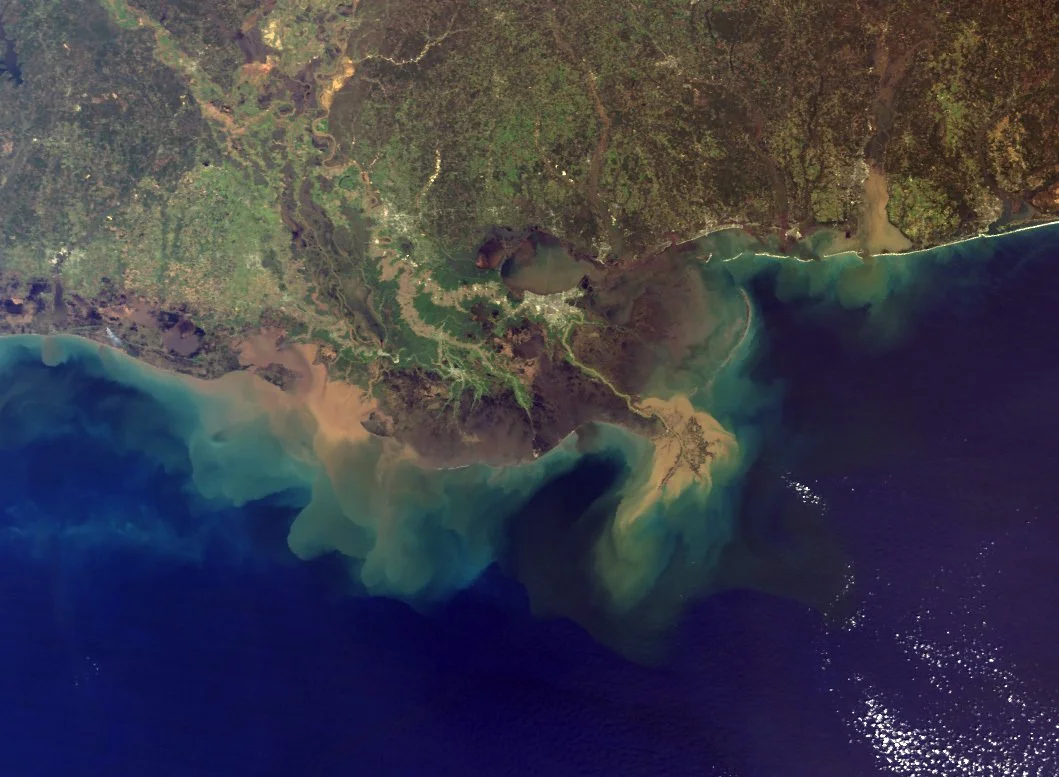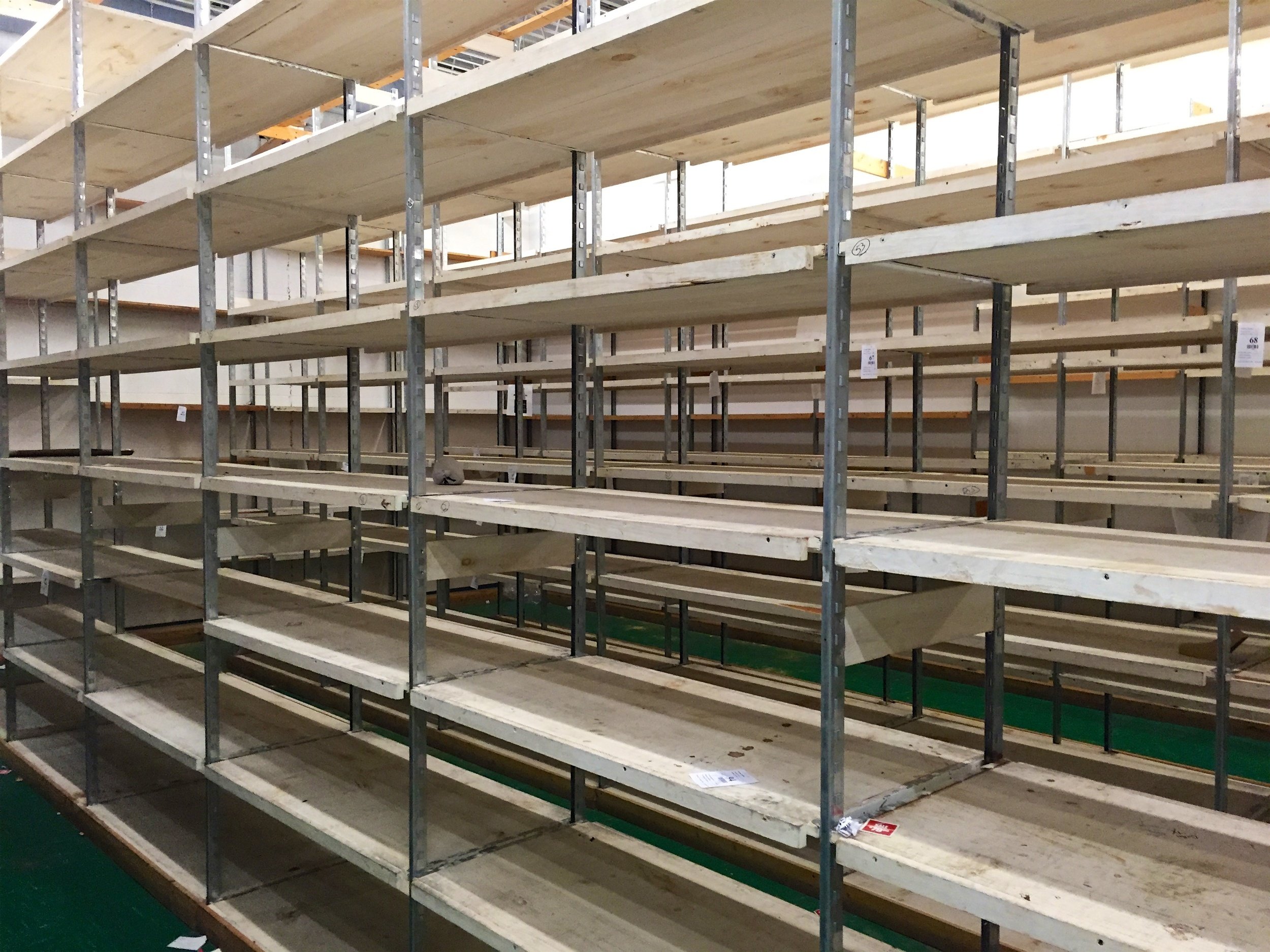PROGRAM OVERVIEW
CARBON COLLABORATIVE
The Carbon Collaborative is a regional decarbonization platform designed to mobilize the collective energy & motivation of businesses focusing on producing measurable, long-term carbon emission reductions while enhancing economic vitality.
The Collaboratives bring companies together in an ongoing series of meetings to share details of their decarbonization goals, areas of interest and technical, financial and policy challenges. This leads to engagements with research institutes, governments, nonprofits and others interested in accelerating decarbonization. It also leads to multi-industry projects.
The US Business Council for Sustainable Development, which is leading the effort, has 25+ years of experience facilitating cross-industry sustainability initiatives, using a methodology that has proven successful in translating business goals into actionable projects.
The Gulf Coast Carbon Collaborative launched in January 2020.
The Great Lakes Carbon Collaborative launched in October 2021.
Louisiana Water Project
From 2011 to 2017, the US BCSD worked with 20-30 diverse companies in the lower Mississippi River Basin to address a range of water supply, water quality, stormwater, and coastal resiliency risks. Several members joined with Louisiana state agencies to develop a framework and guidance towards the design of a Water Quality Trading framework to address water quality concerns. Others explored options for wetlands restoration through changes in water management. Projects and policy recommendations emerged that were embraced by state and local agencies, academia, and NGOs.
This multi-sector collaboration demonstrated considerable regional interest in using the speed and efficiency of market-based institutions to seek out ways of converting water-related challenges into economic opportunities and to develop a collective capacity for conserving watershed-based ecosystems that provide value to private and public-sector stakeholders.
The US BCSD used structured work processes to provide a “safe” zone among companies to build trust and business relationships needed for information sharing that leads to the inventive thinking and action necessary to achieve these goals.
ENERGY EFFICIENCY IN BUILDINGS
Over three days during early October 2014, the US BCSD brought together a diverse group of local stakeholders, thought leaders, and subject matter experts in the Houston market to define a set of ambitious, practical strategies for reducing building energy consumption by 30% or more. The Energy Efficiency in Buildings Laboratory (EEB Lab) addressed the challenge that globally, buildings are responsible for nearly one-third of final energy consumption (and over 40% of primary energy consumption) with a similar proportion of associated CO2 emissions.
During the EEB Lab, a team of experts interviewed a cross-section of Houston’s real estate market. With Houston’s developers, investors, designers, engineers, facility operators, and tenants they discussed the business case for investment in the energy efficiency of buildings for different stakeholder groups in the building value chain. These discussions confirmed four key areas for action to transform energy efficiency, which was the focus of the Lab sessions:
Increasing awareness of market value to stakeholders through energy efficiency
Investing and Financing
Verifying value and return on investments
Achieving appropriate policy and regulation
material’s marketplace
The US BCSD’s Materials Marketplace connects businesses to develop and scale new reuse and recycling market opportunities. Over 2,200 businesses and organizations are using the Materials Marketplace across North America and have diverted 5,300 tons of material to higher and better use. We do this by working hand-in-hand with manufacturers, recycling companies and entrepreneurs. The Materials Marketplace won the global Circulars Digital Disruptor award in 2016 at the World Economic Forum in Davos. Since then the program has expanded across North America and been adopted in several other countries.





